Industrial washing / Articles
Crate washer: how to pick the best fit
Discover what crate washers are, why they matter, and how to choose one that fits your operation – plus how to make them last longer.
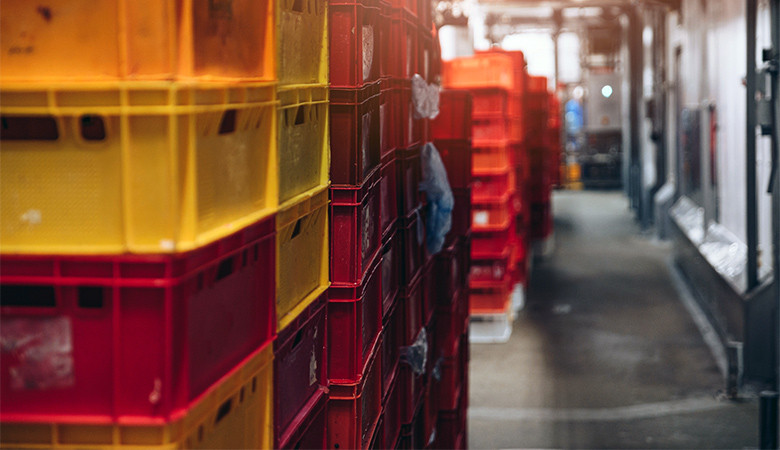
 8 minutes of reading
8 minutes of reading
2025-06-20 09:34:09
Crates go through a lot. They’re stacked, moved, reused, carrying everything from fresh produce to raw meat. Day in, day out, they’re at the core of your operation. But what happens between uses often goes unnoticed. A quick rinse isn’t always enough, and the invisible buildup of bacteria or residue can slowly compromise product quality, safety, and your brand’s reputation.
That’s why crate washers matter. They give you consistency, compliance, and control – shift after shift. Here’s what you need to know to make the right choice and get the most out of it.
What is a crate washer?
A crate washer is a machine designed to wash and sanitise crates, boxes, or bins used in industrial environments. Crate washers use high-pressure jets, targeted nozzles and controlled temperatures to remove everything from food residue to grease, dust, and potential contaminants. Most are equipped with pre-wash, main wash and rinse zones, so that each crate comes out not just looking washed, but actually safe for reuse.
Crate washer advantages
Washing crates manually is unreliable, inconsistent and surprisingly expensive. Crate washers bring clarity, control and peace of mind to what is often one of the most overlooked parts of the process. Here’s how:
1. Consistent hygiene, every time
Manual washing depends on people, time and pressure, and often leads to missed spots or rushed jobs. Crate washers follow a programmed cycle that ensures each crate is washed thoroughly and consistently, with no room for error. That means fewer hygiene risks and more confidence during audits or inspections.
2. Faster turnaround, less downtime
Washing by hand slows everything down. With an automated crate washer, washed crates are always ready when you need them, helping your team move faster and avoid bottlenecks during busy shifts.
3. Lower water and chemical use
What looks like a simple hose-down can waste litres of water and excess detergent. Crate washers are designed to use water efficiently, recycling it when possible and applying the right amount of washing agent.
4. Reliable compliance
In sectors like food, pharma or logistics, failing a hygiene audit can mean serious consequences. Crate washers help ensure you’re always inspection-ready and that your washing records, processes and results meet regulatory requirements.
5. Longer crate lifespan
Proper washing reduces wear and tear. By avoiding abrasive manual methods and using controlled washing cycles, crate washers help extend the life of your crates, lowering replacement costs.
Which companies are crate washers meant for
If your business relies on reusable crates, and hygiene is part of your daily vocabulary, you will need a crate washer.
These machines are a perfect fit for companies in the food industry, where crates carry everything from fresh vegetables to meat, fish or dairy. In this context, any trace of contamination can compromise entire batches and trigger costly recalls.
But the need goes beyond food. Pharmaceutical and cosmetic companies, for example, also handle materials that demand strict hygiene and traceability. Crate washers help maintain that standard, while keeping workflows compliant and consistent.
Even in logistics, agriculture or industrial manufacturing, crate washers bring order to high-volume operations. When crates are used to transport parts, tools, or packaging, keeping them washed helps protect products, reduce damage and uphold your brand’s professional image.
How to choose the right crate washer
Choosing the right solution is less about picking the biggest or most powerful machine, and more about finding the one that fits seamlessly into your workflow.
1. Think about volume
How many crates do you need to wash per hour or per shift? Some washers are built for high-throughput, 24/7 operations. Others are better suited to smaller, more flexible setups. Know your numbers and plan not just for today, but for future growth too.
2. Understand your dirt
Are you dealing with light dust, sticky food residue, or heavy industrial grime? The level and type of dirt impacts the kind of water pressure, temperature and washing phases you'll need. A good machine will adapt, but it helps to know what it’s up against.
3. Consider space and layout
How much room do you have? Crate washers come in various sizes and configurations: tunnel-style, compact, modular… Choose one that fits physically into your space and integrates with your existing processes, without slowing things down.
4. Check energy and water efficiency
Efficiency is a cost-saving strategy. Look for models designed to minimise water, detergent and energy use without compromising on performance. This keeps your bills (and environmental footprint) in check.
5. Prioritise easy maintenance
A machine that’s hard to maintain can quickly become part of the problem. Go for a design that offers easy access to key components, intuitive controls, and solid after-sales support.
6. Look beyond the machine
Think about installation, training, service, and scalability. A reliable partner will help make sure it works for your business, from day one and as you grow.
How to maximise the lifespan of your crate washer
A crate washer is a long-term investment, and the way you care for it makes all the difference. Here’s how to keep it running at its best, year after year.
1. Train your team
Make sure the people using the machine know how to use it well. That means understanding how to load crates correctly, select the right settings, and identify early signs of issues.
2. Use the right chemicals
Avoid shortcuts or harsh products that weren’t designed for your machine. The wrong chemicals can corrode parts, clog systems or reduce washing effectiveness. Use approved detergents in the recommended dosage for best results.
3. Don’t ignore small issues
Unusual noises? Slower cycles? Water that doesn’t heat properly? These are often early warning signs. Address them quickly to prevent minor problems from turning into major breakdowns.
4. Schedule preventive maintenance
Even if everything seems to be working fine, regular check-ups from a technician can spot wear and tear you might miss. A preventive maintenance plan ensures your machine stays efficient, compliant and reliable, with no surprises.
Meet MultiWasher, the crate washer that makes all the difference
Your daily operations need impeccable hygiene. In other words, your daily operations need MultiWasher. This industrial washing machine, developed by Somengil, was designed to meet the complex demands of modern industries with smart technology, reliable performance, and user-friendly operation.
It’s time to explore what MultiWasher can do for you. Let us help you find the perfect fit, so every crate you handle reflects your commitment to quality, safety, and efficiency. Get in touch.
You may also like

Industrial washing / Articles
Food safety: this is what companies can do to improve it
Leading companies in the food industry share a constant concern for food safety. But with ramping infectious diseases, are companies setting the...
Posted in 2021-12-16

Industrial washing / Articles
What are antiseptic solutions and why they matter to hospitals
Hospital infections are one of the leading causes of death worldwide. Find out how antiseptic solutions help control this risk.
Posted in 2022-06-02

Industrial washing / Articles
5 contaminants that may be creeping into your company
Contaminants have the power to destroy reputations, shutter businesses, and cost lives overnight. Discover how to protect yours before it’s too l...
Posted in 2025-03-13
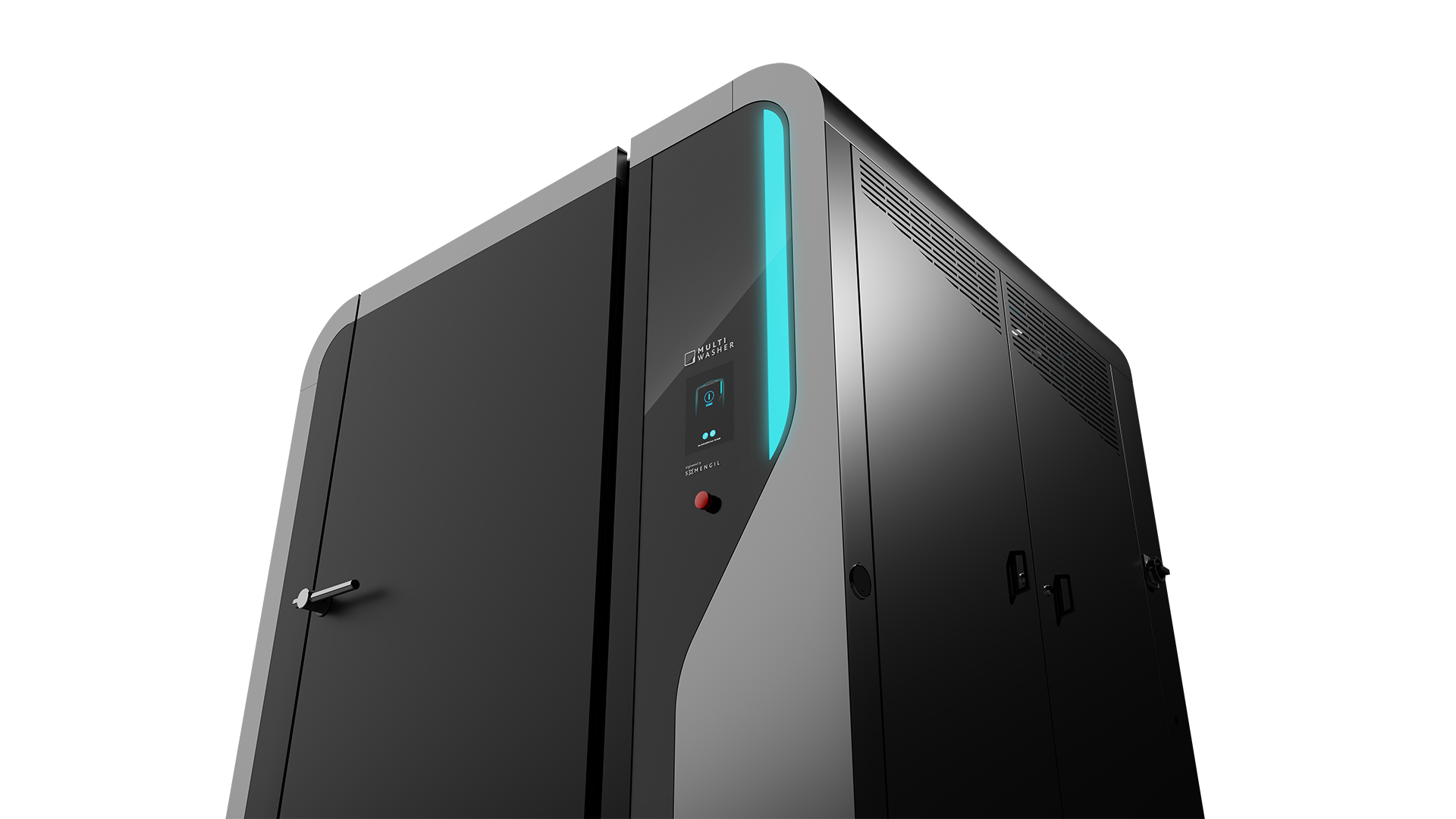
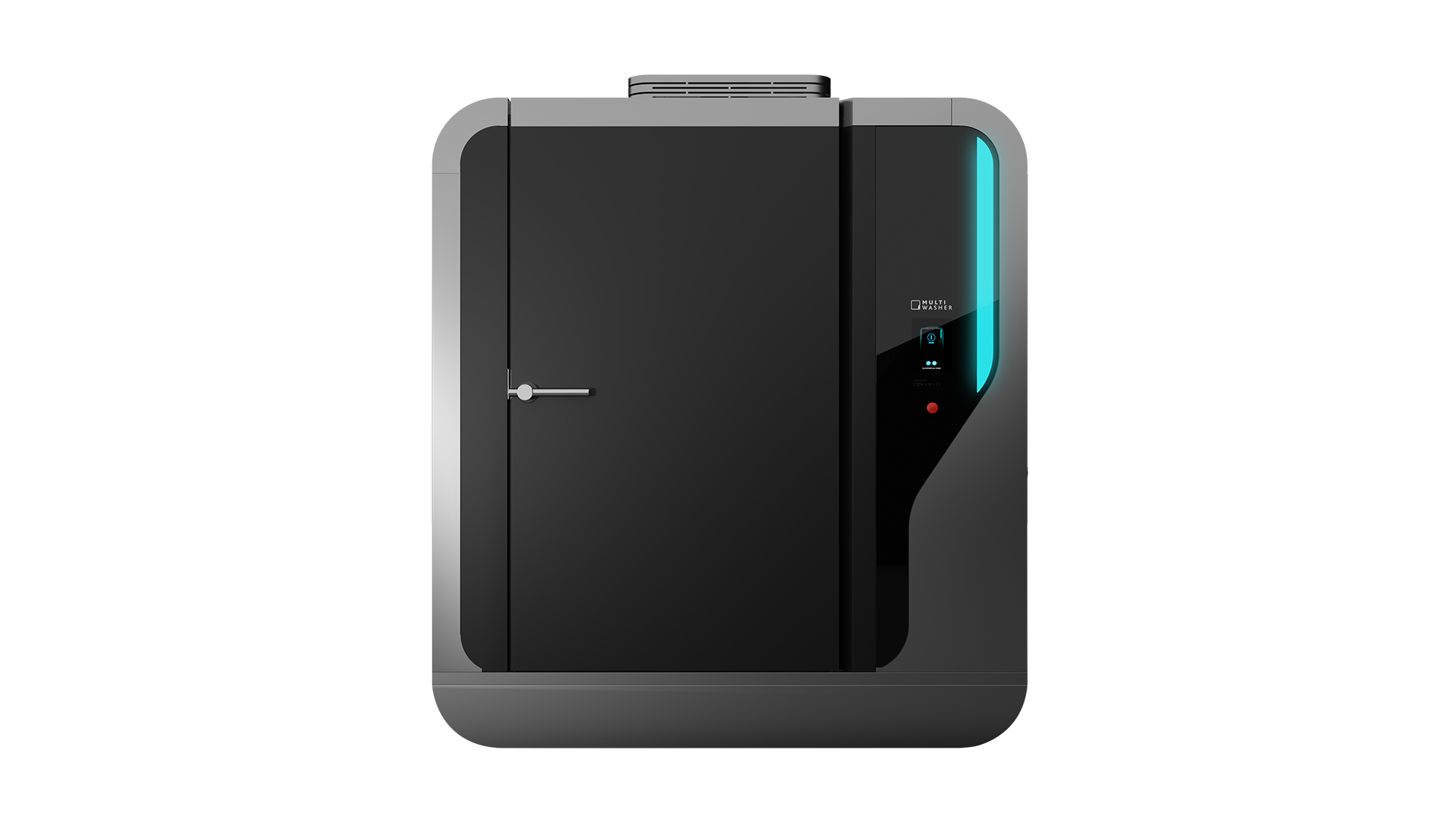
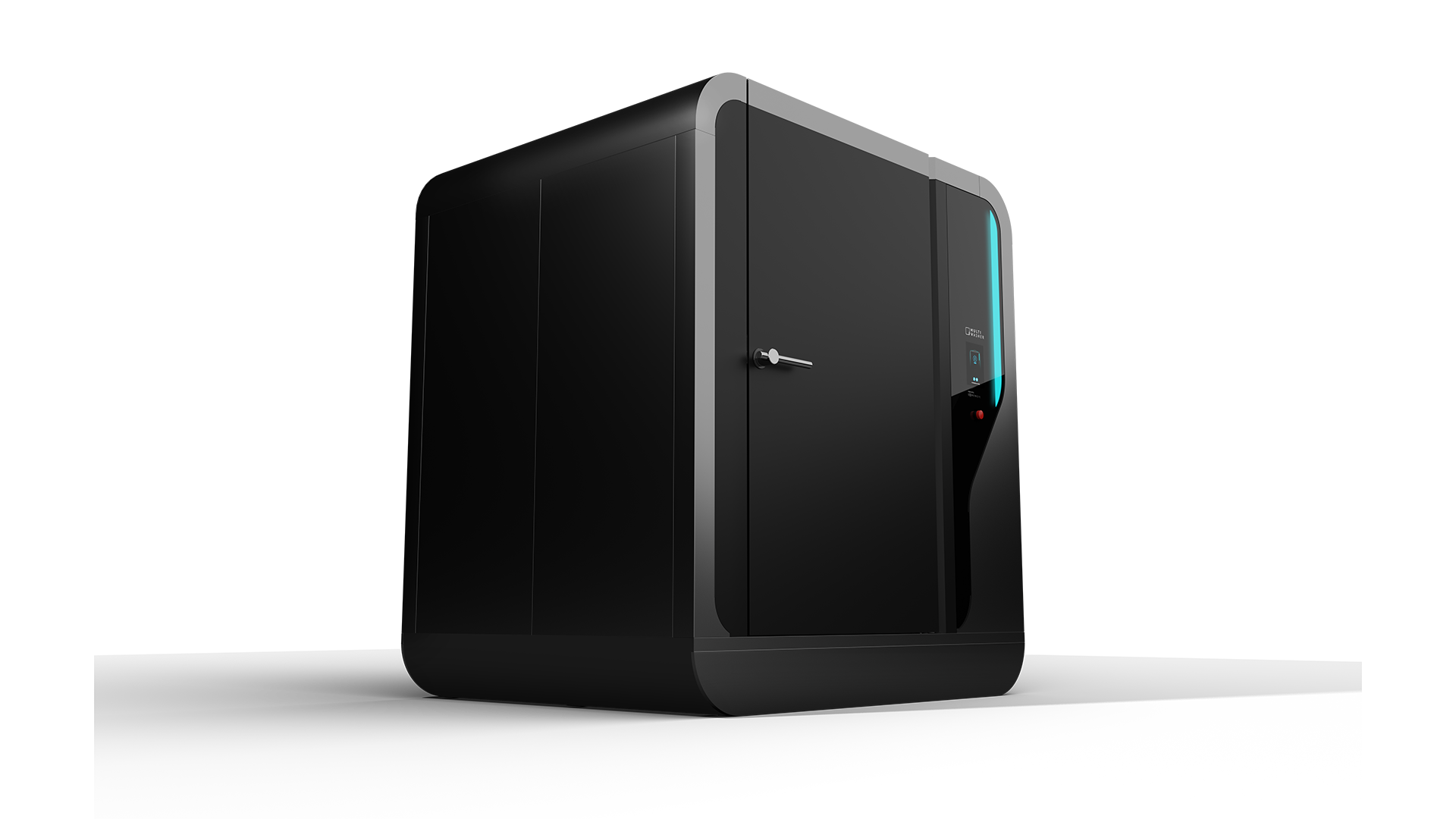
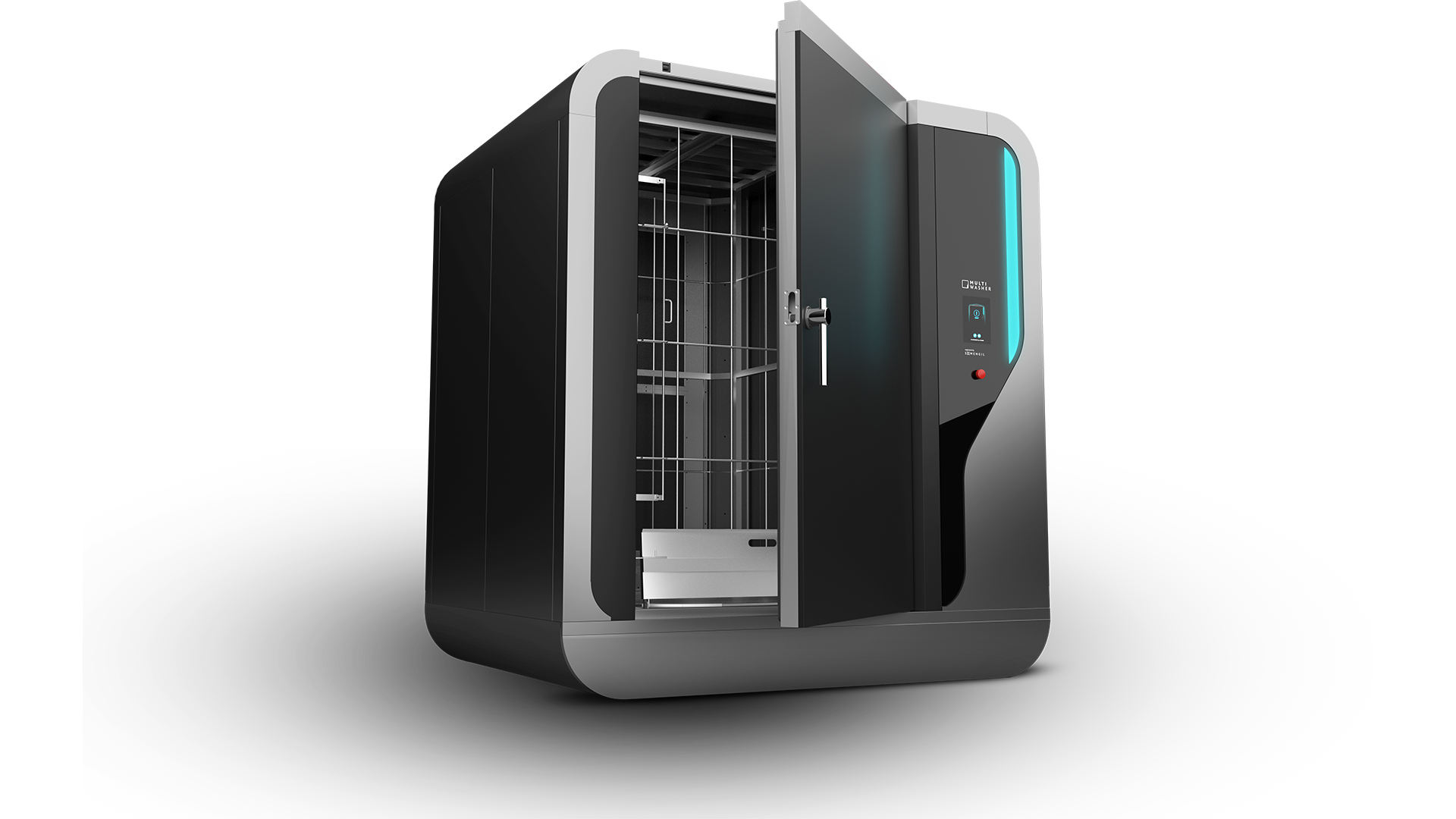
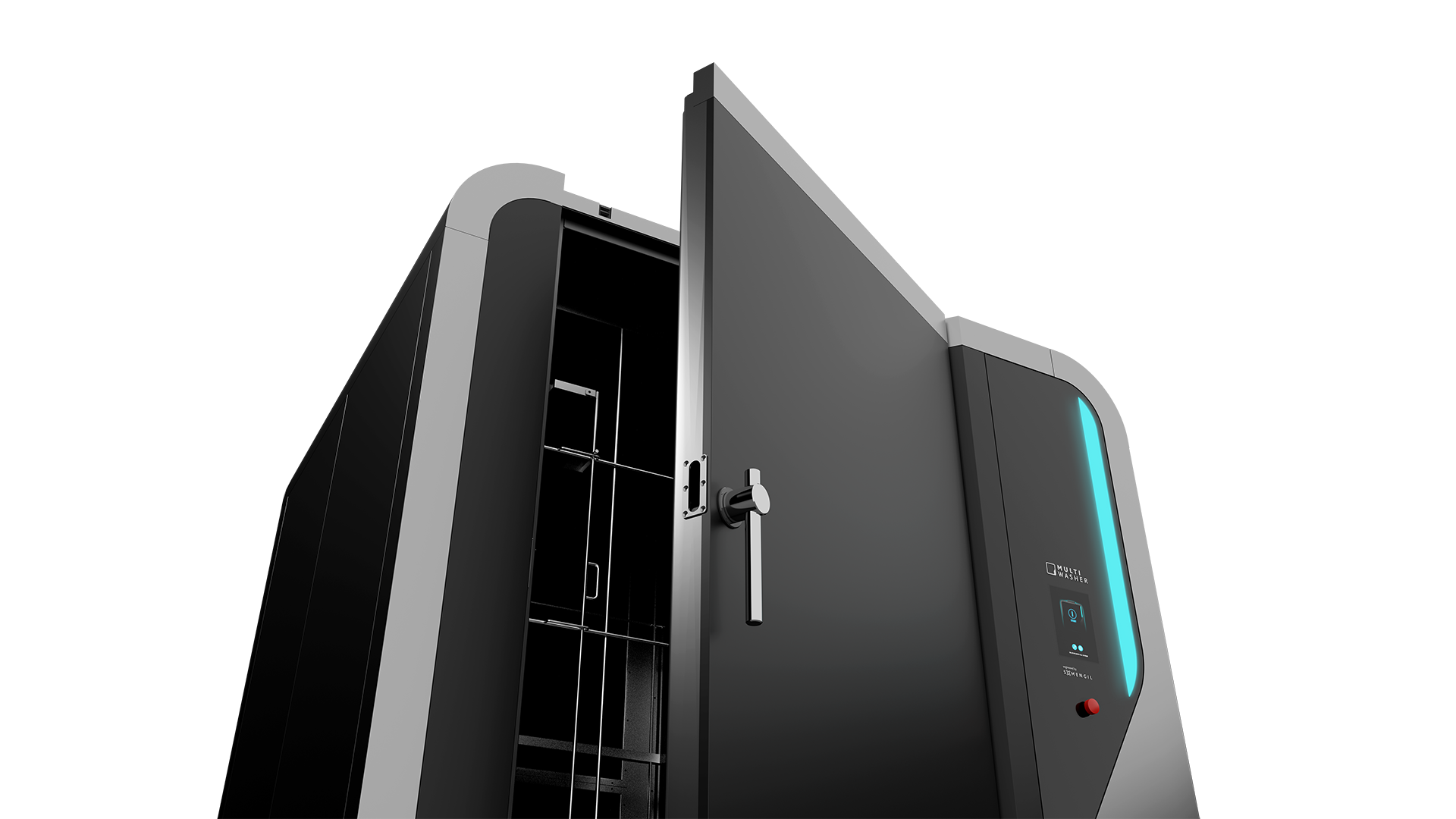
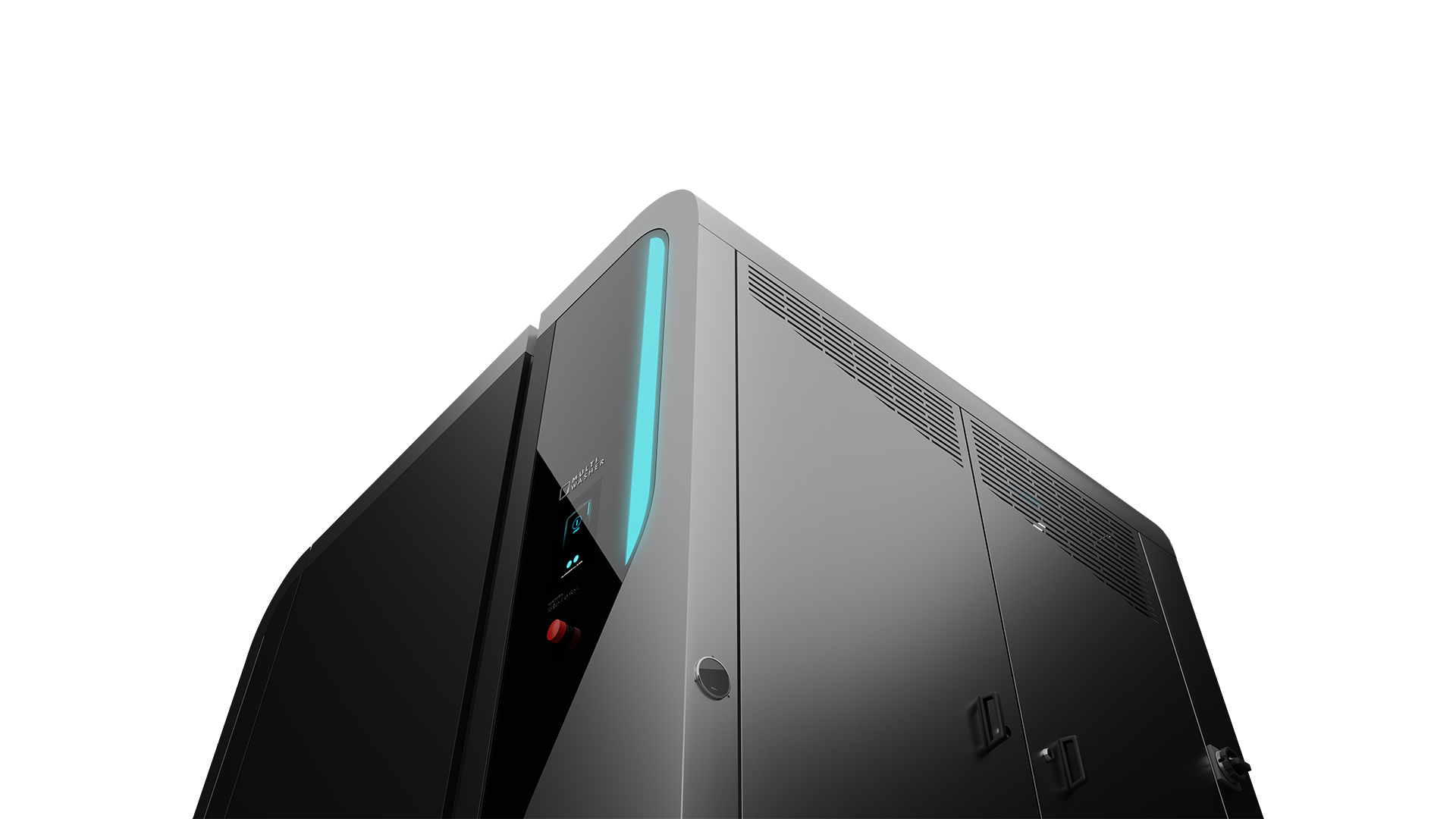
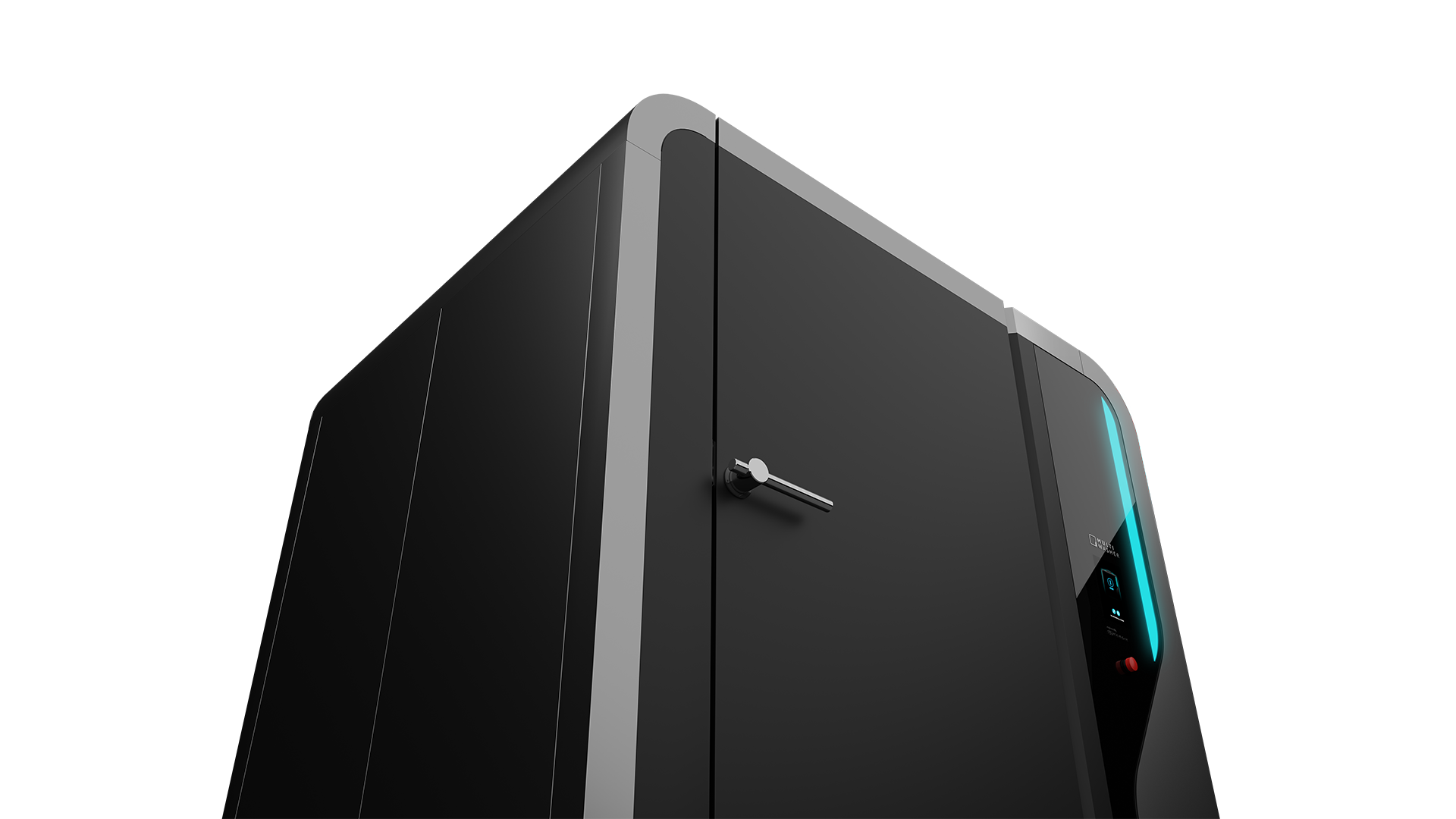
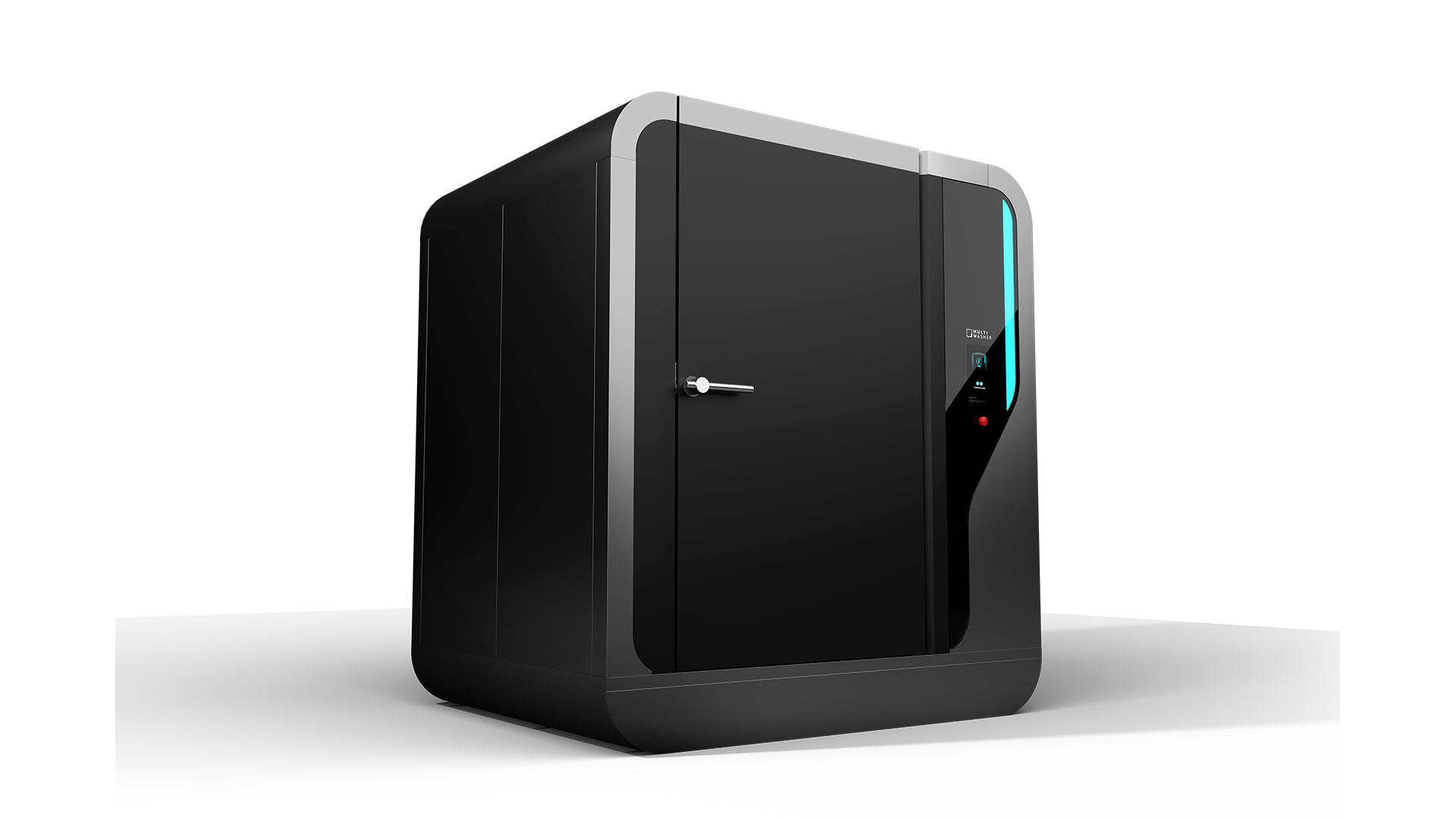
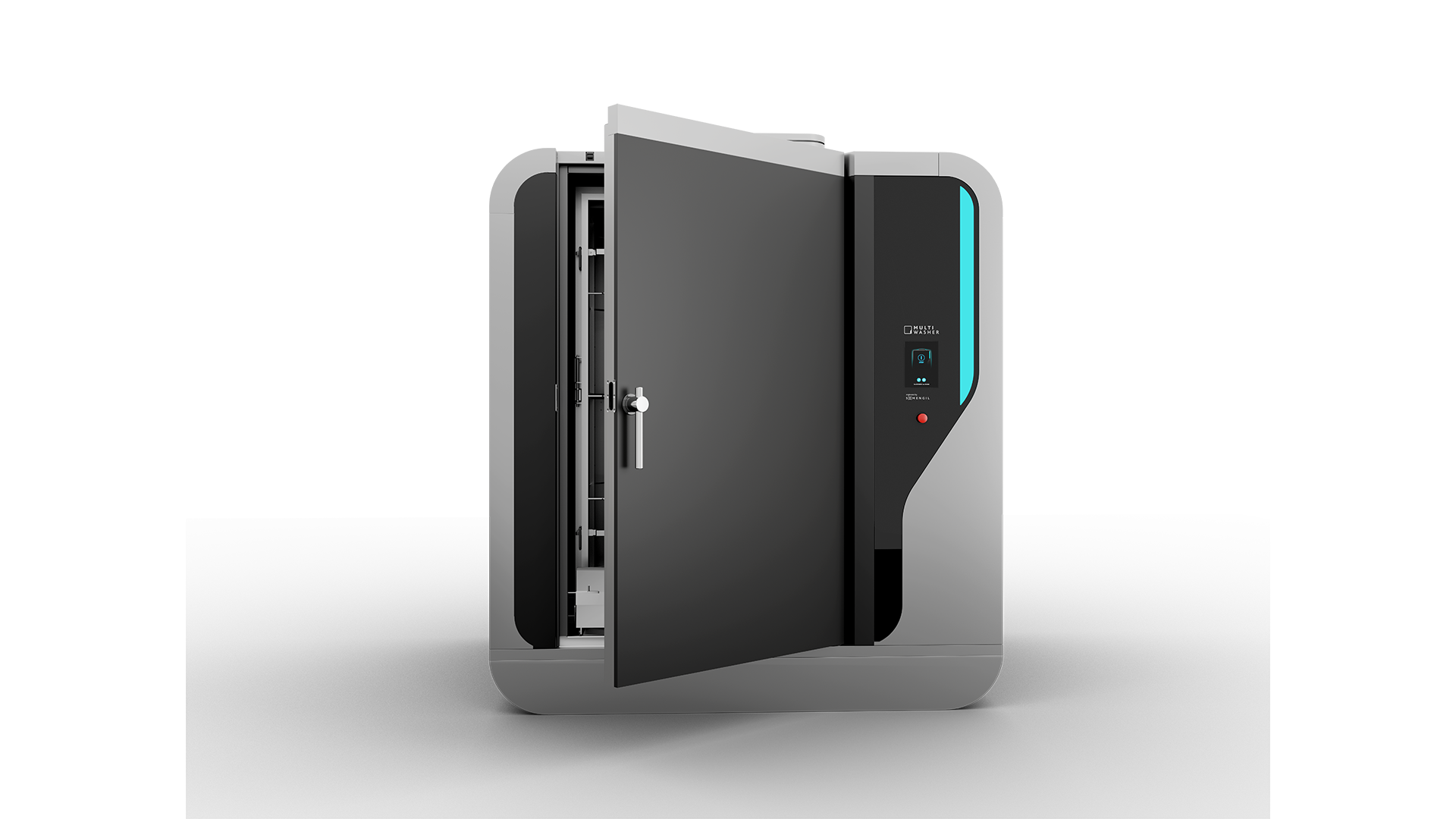
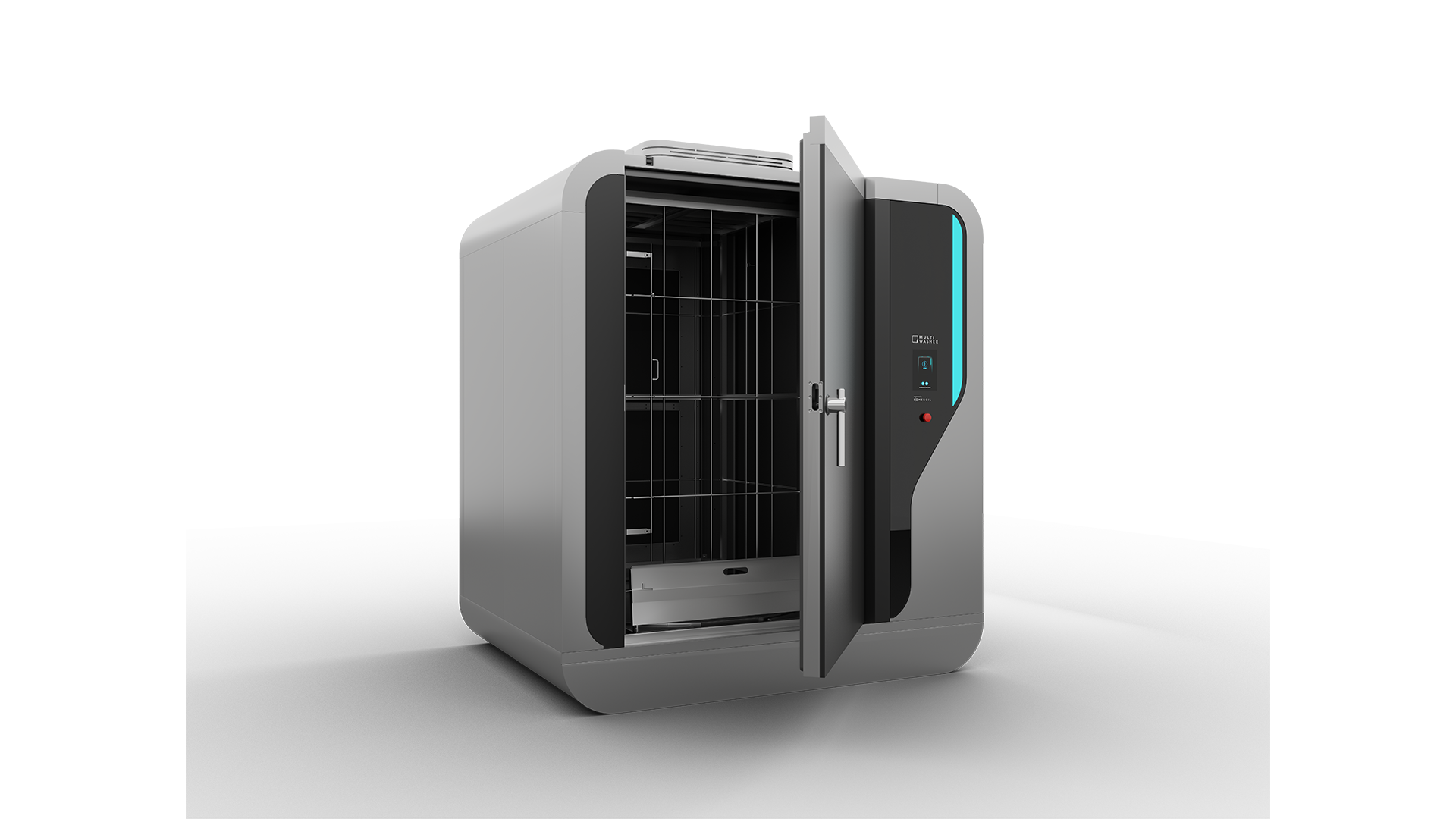
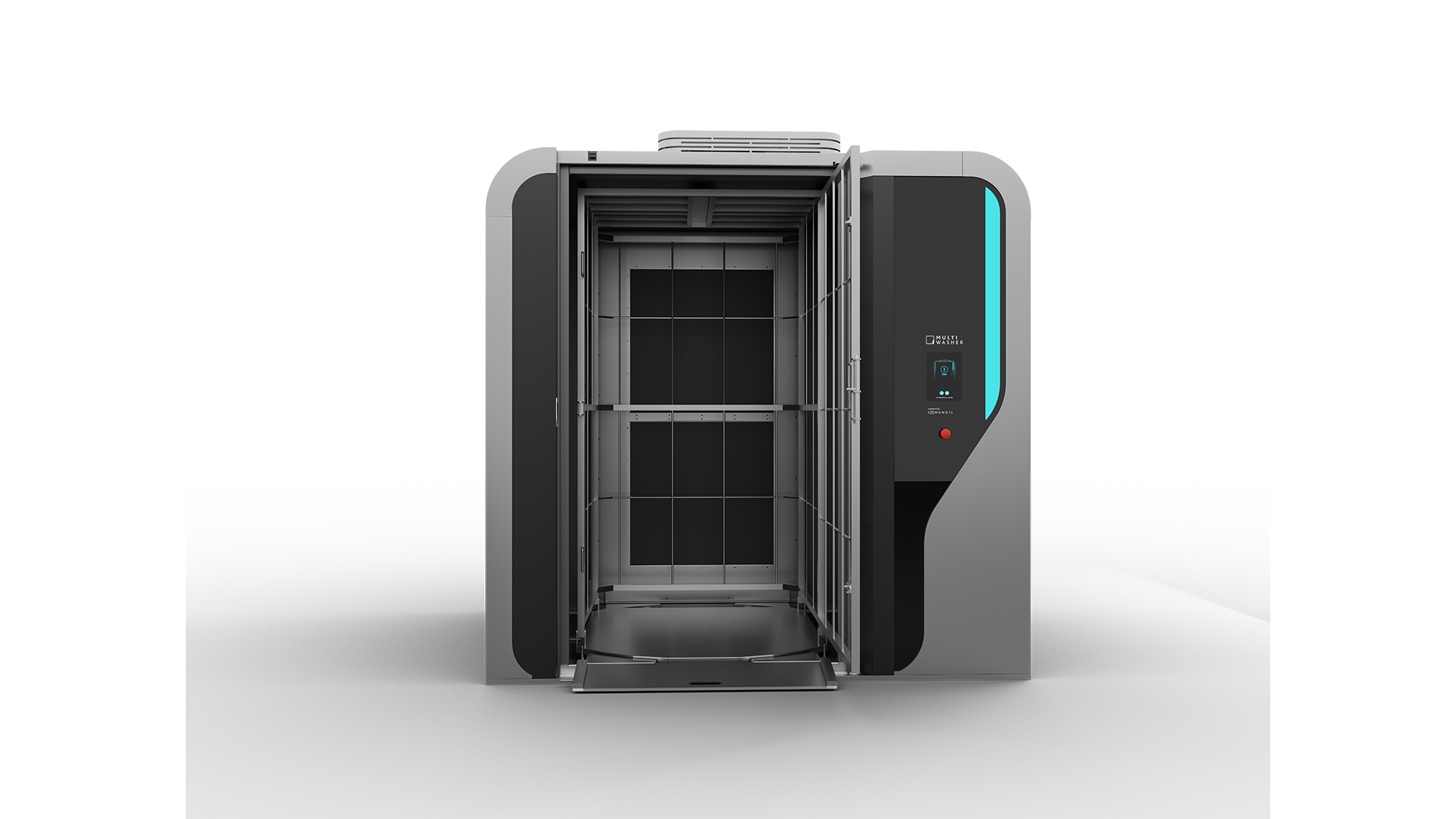
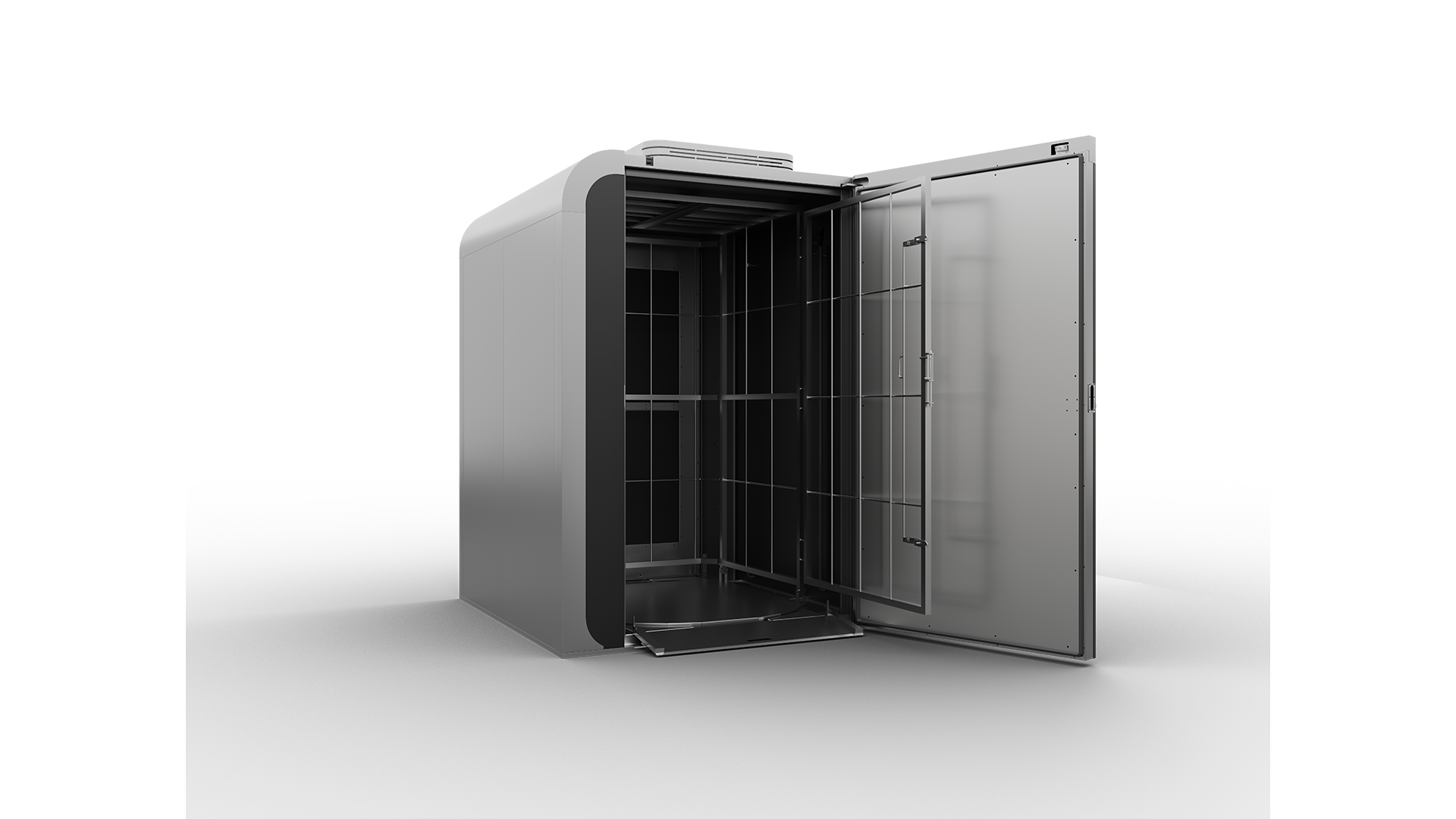
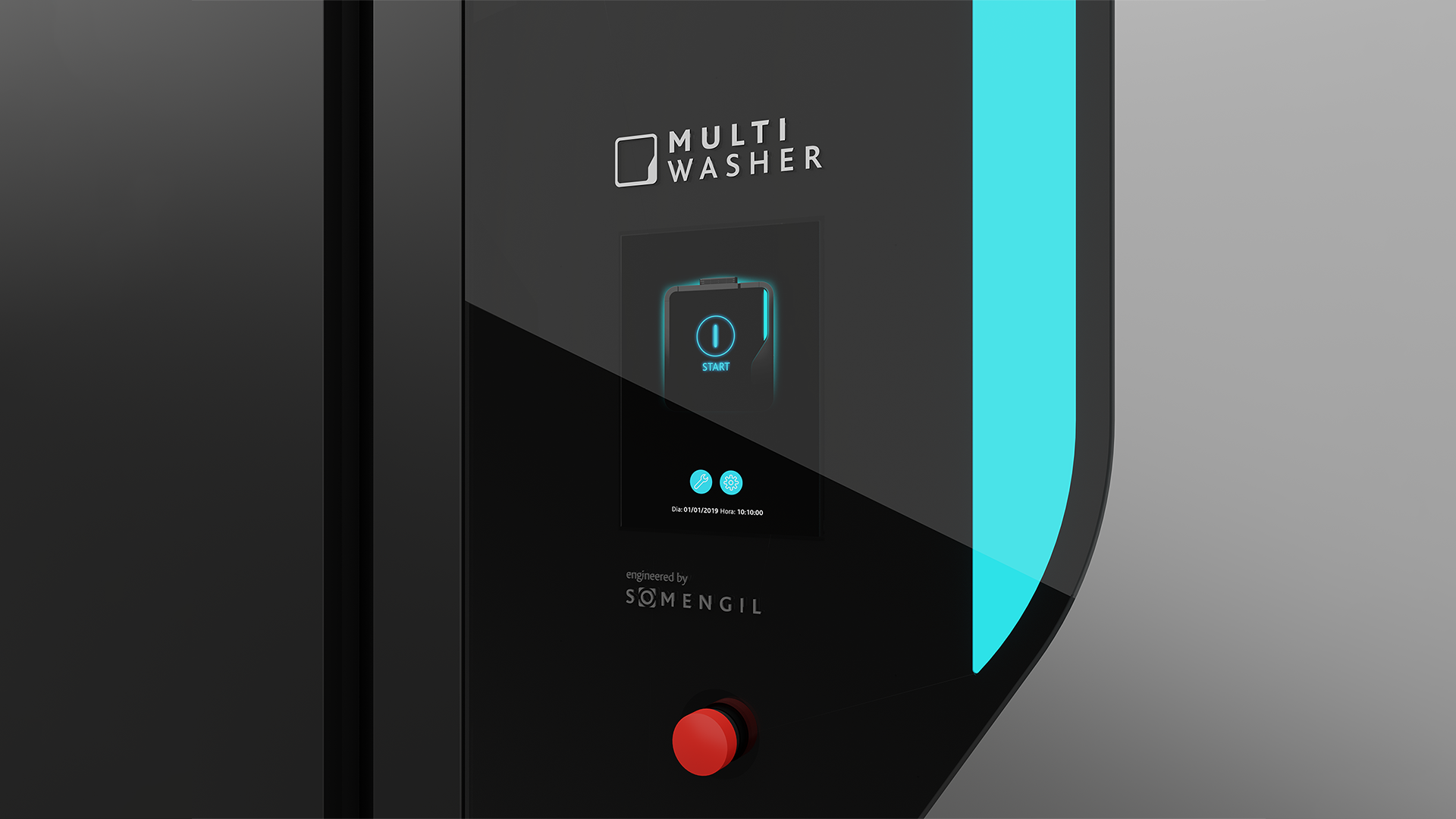
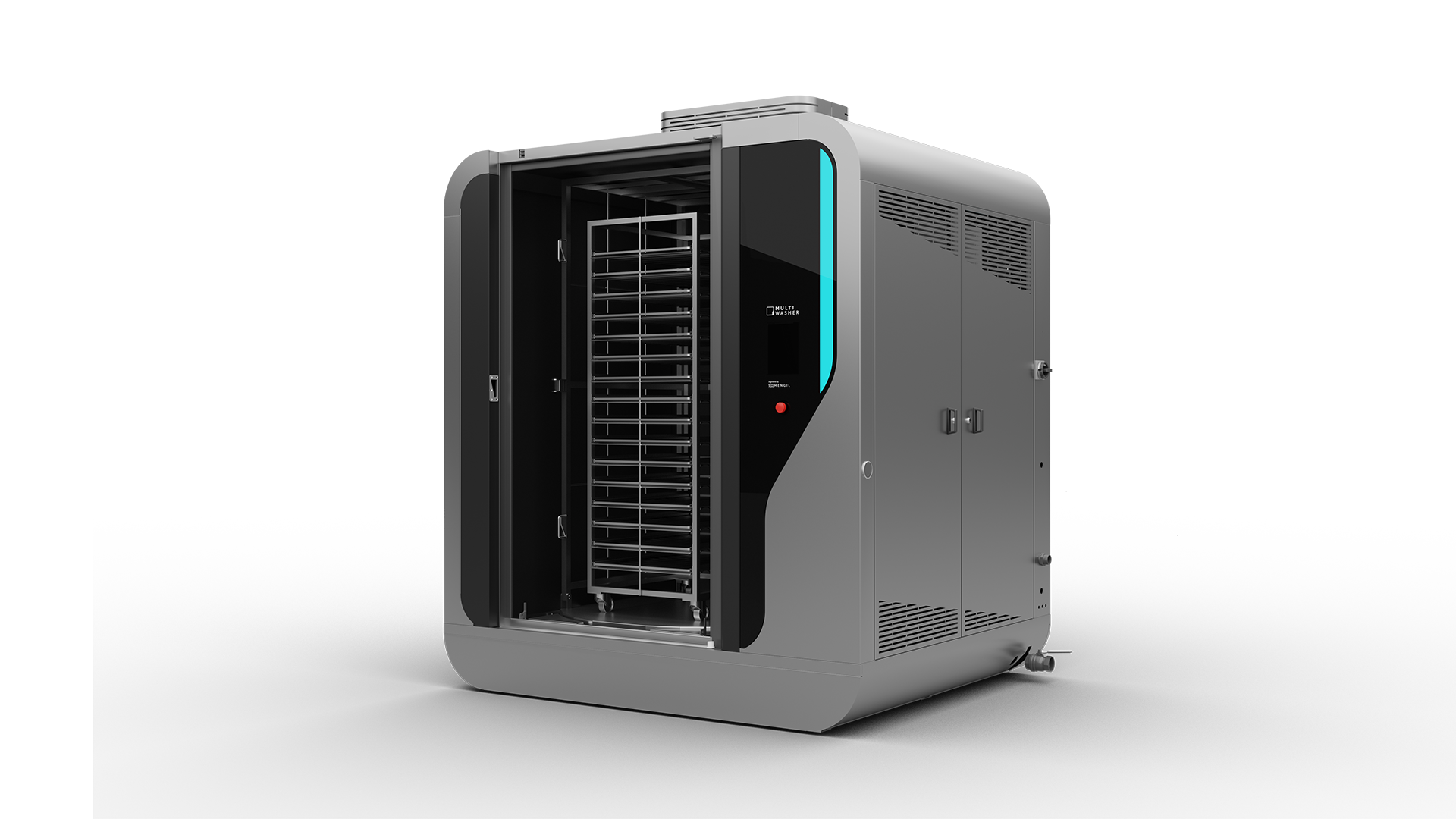
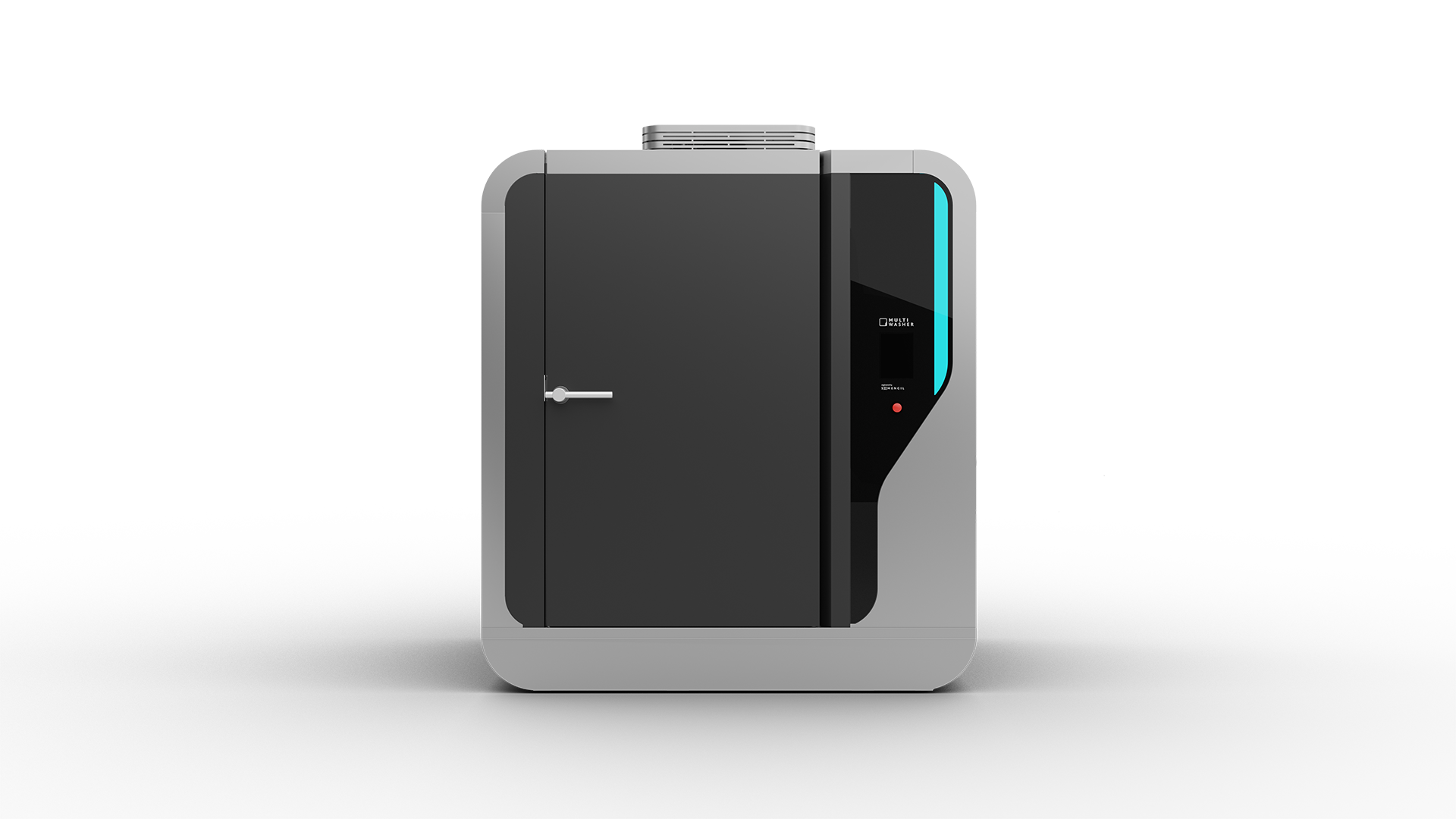

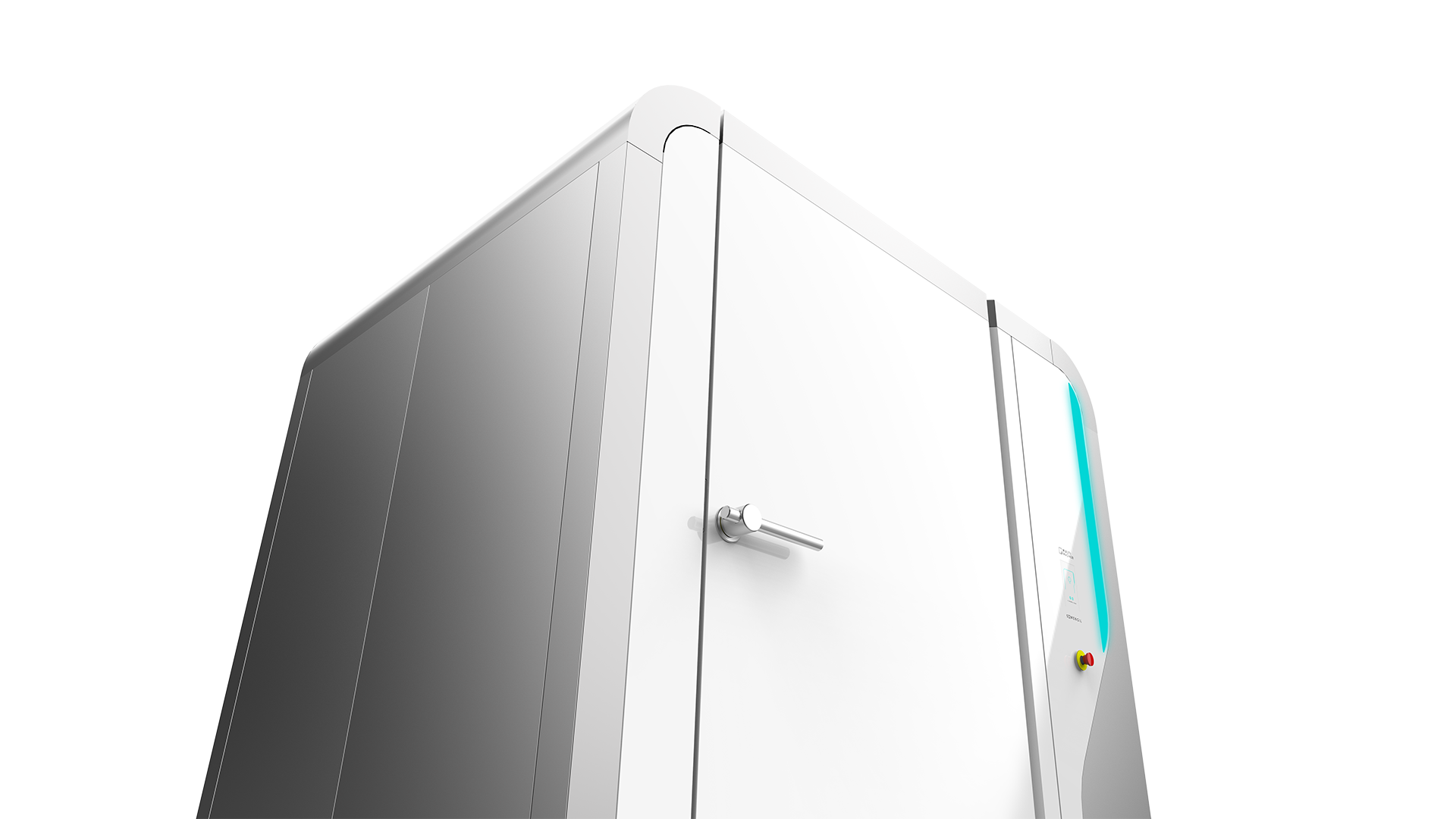
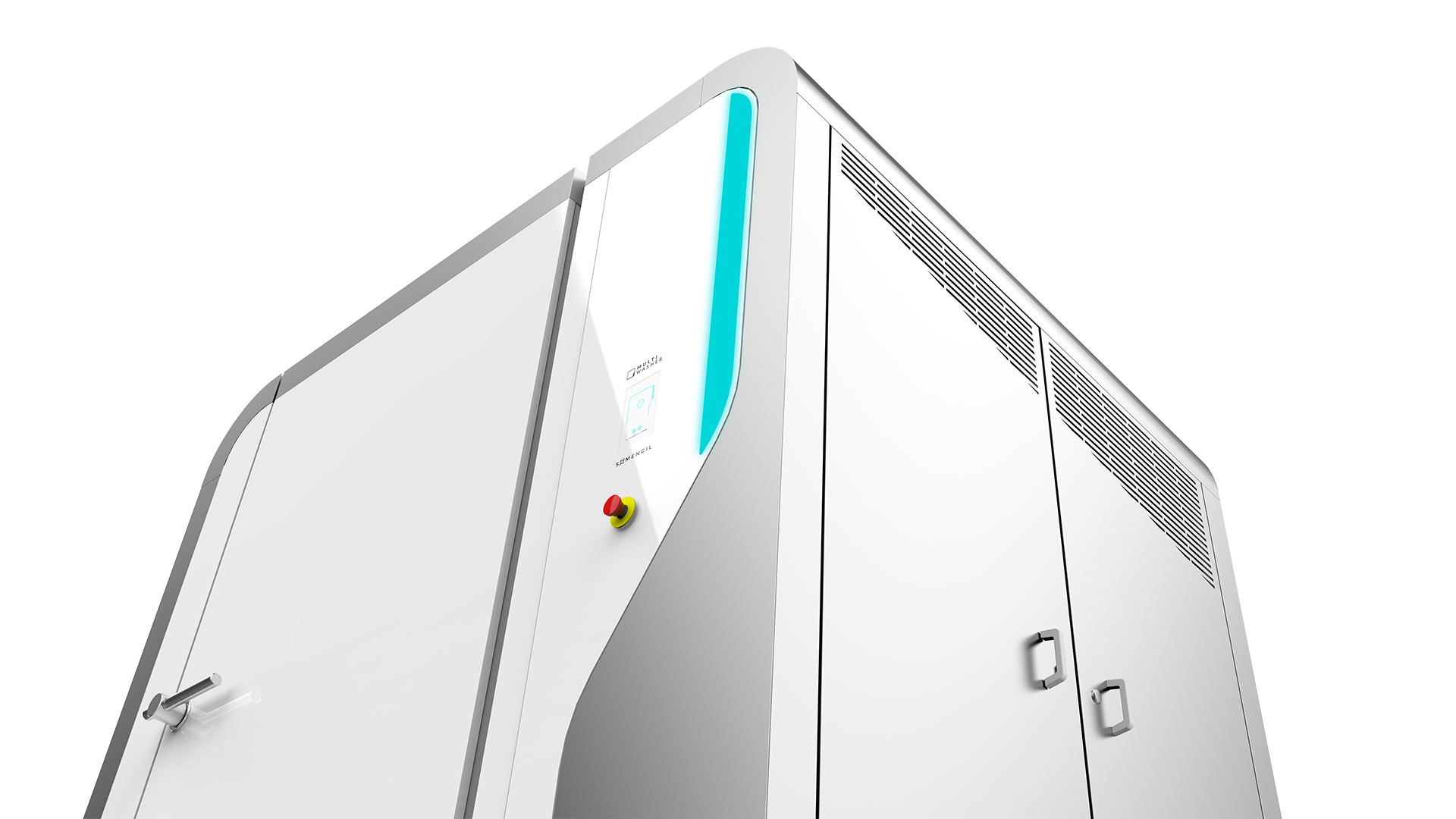
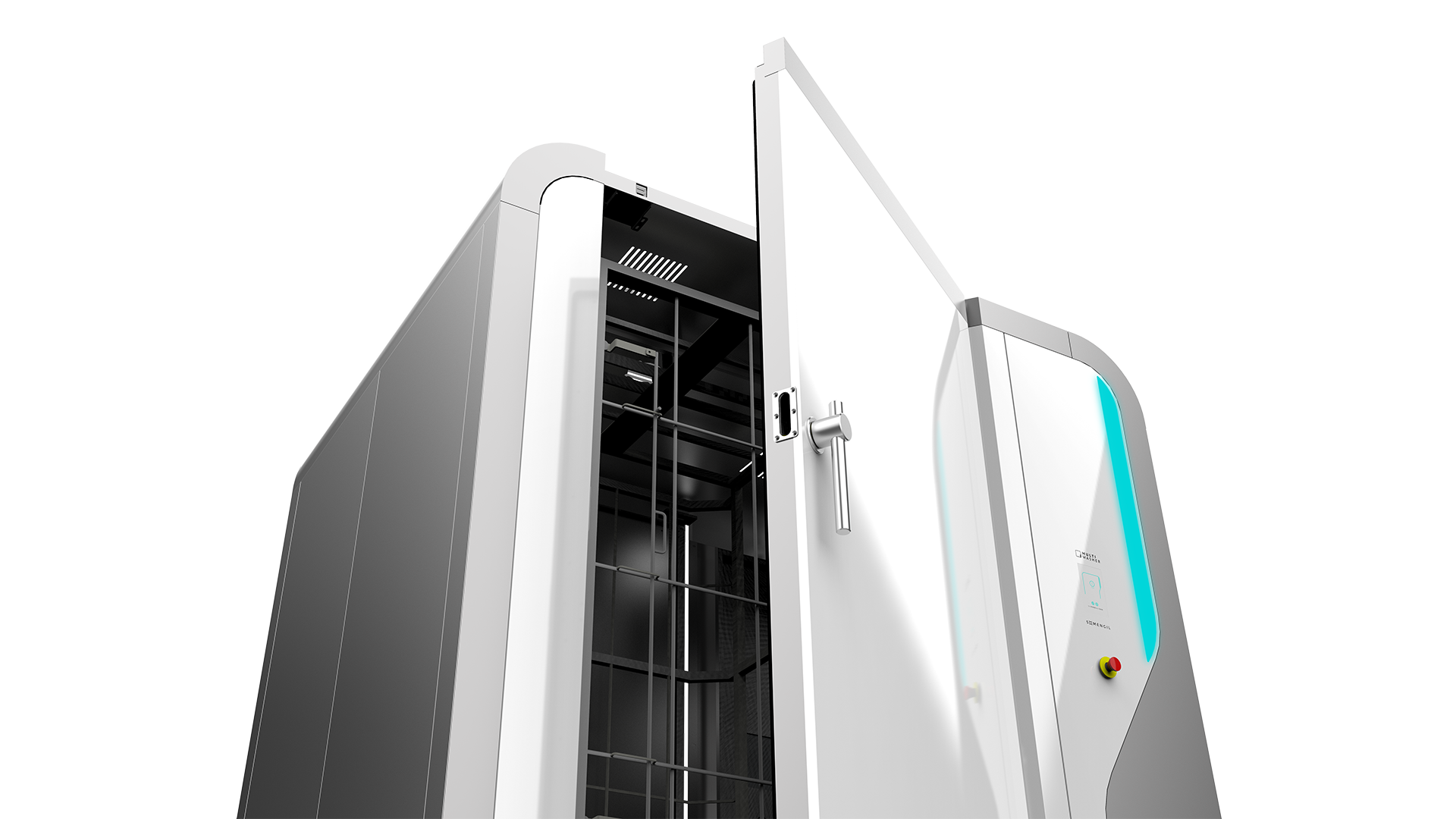
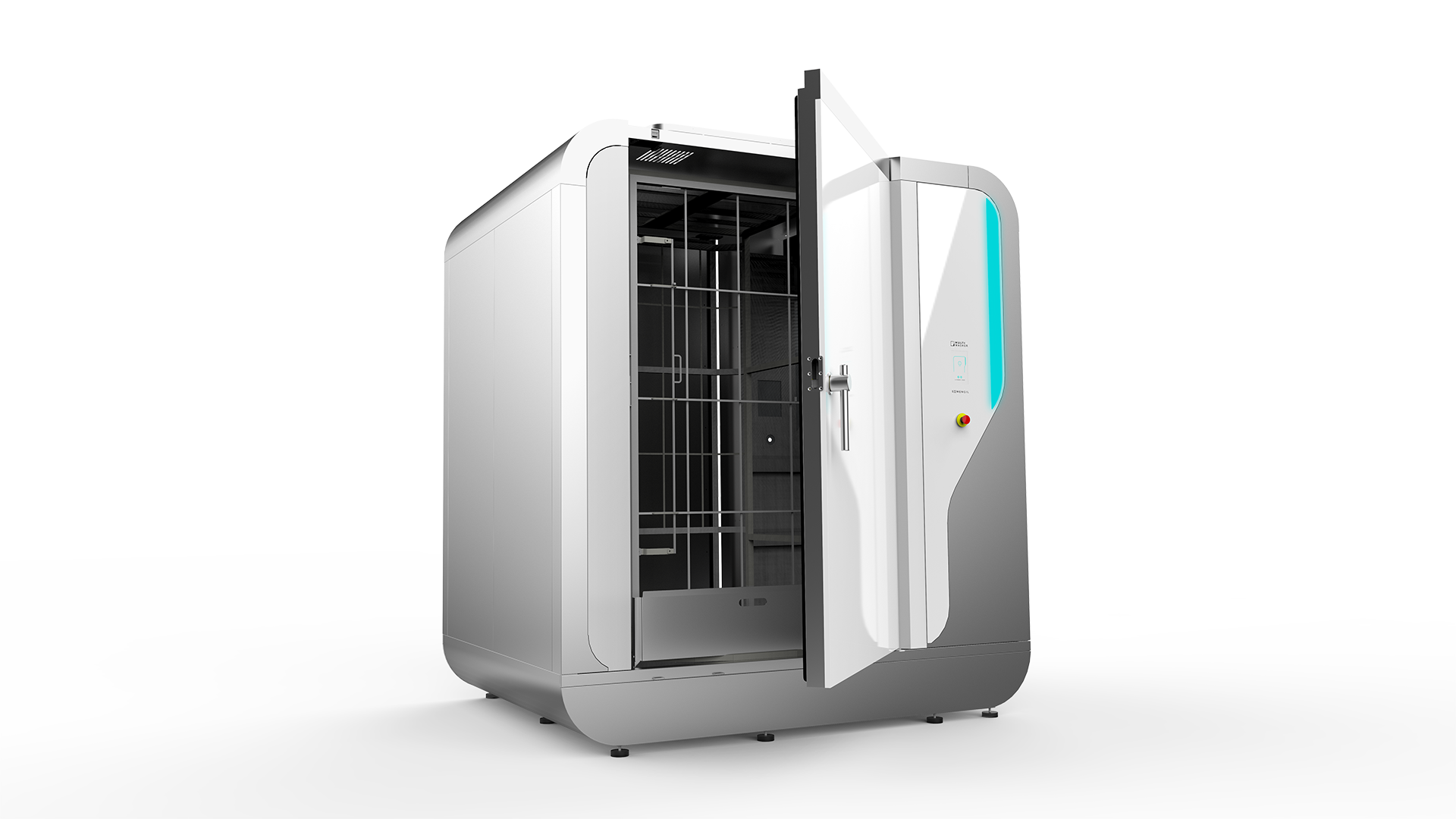
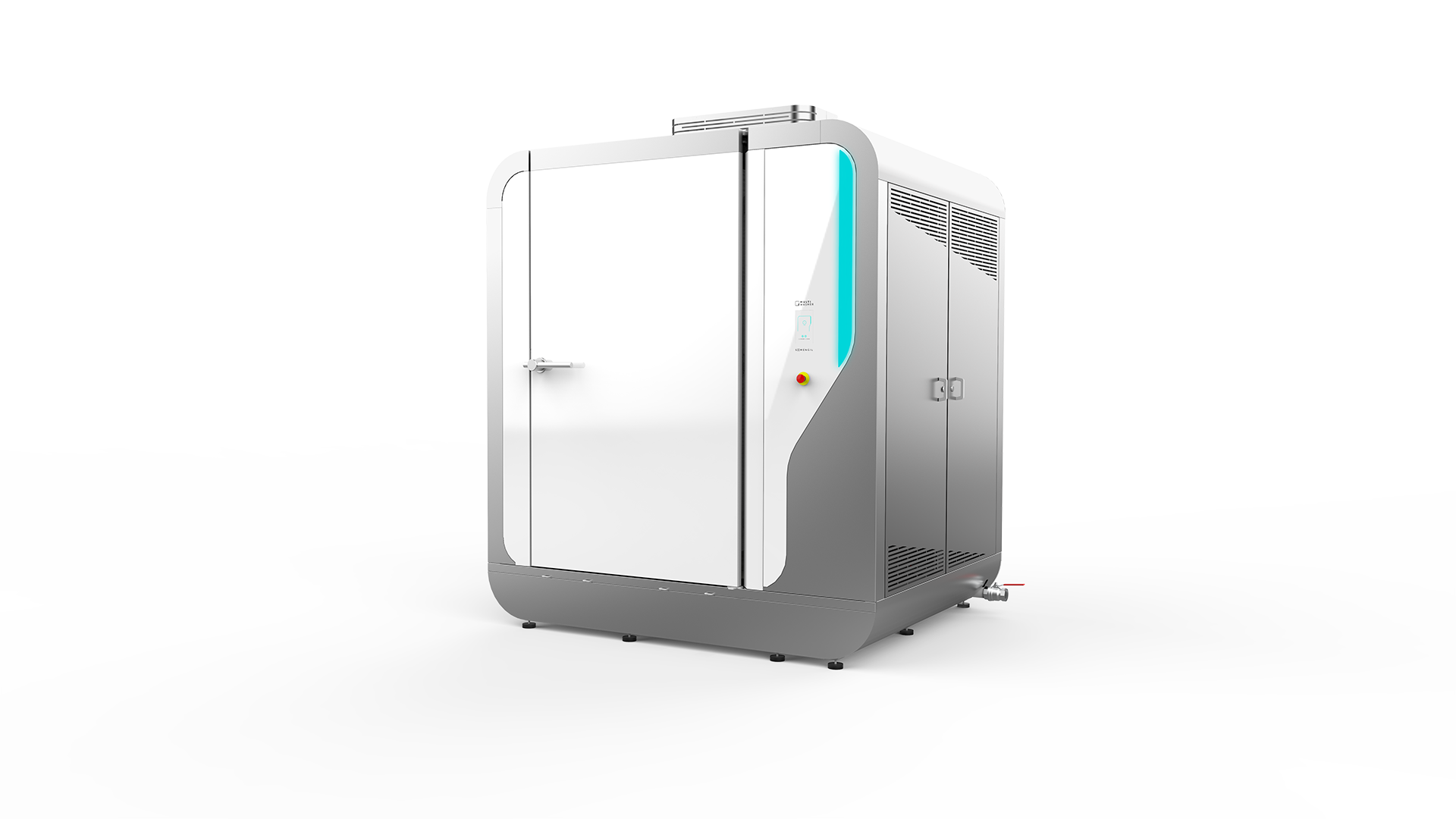
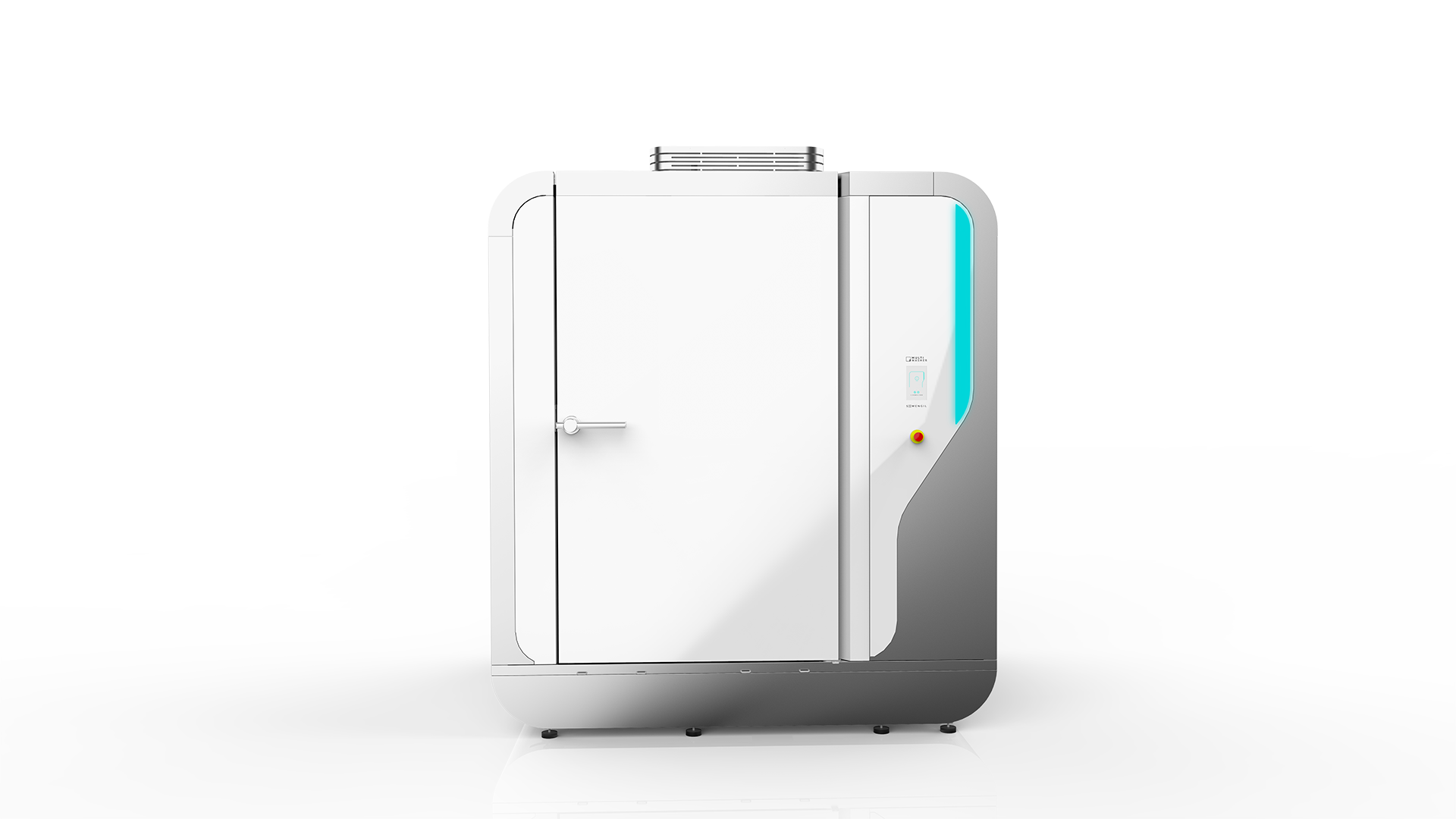
 Portugal
Portugal United Kingdom
United Kingdom United States
United States France
France Spain
Spain Germany
Germany Romania
Romania Italy
Italy Czech Republic
Czech Republic Finland
Finland Hungary
Hungary Slovakia
Slovakia Greece
Greece Lithuania
Lithuania South Korea
South Korea Russia
Russia Saudi Arabia
Saudi Arabia Poland
Poland Brasil
Brasil Hebrew
Hebrew